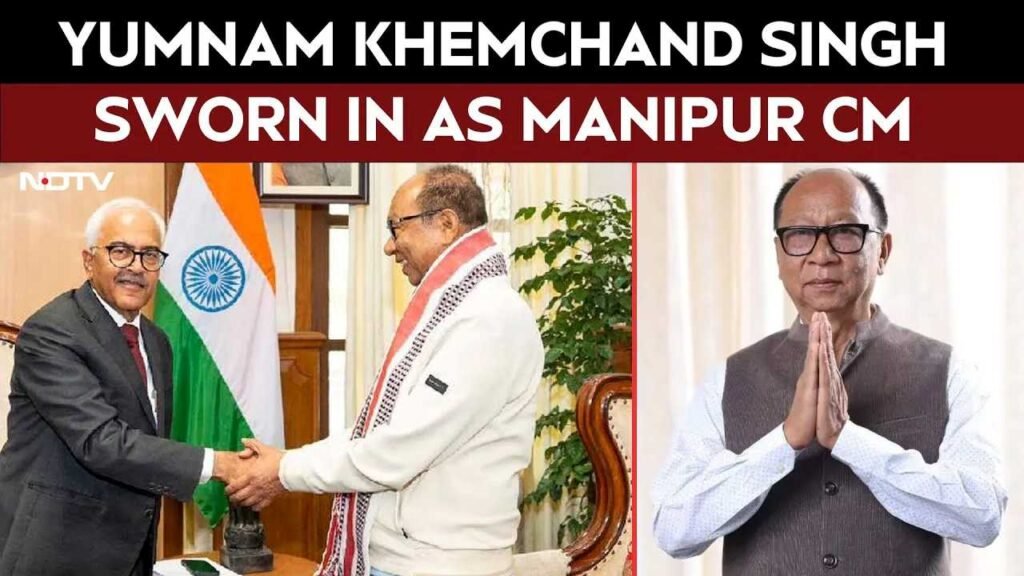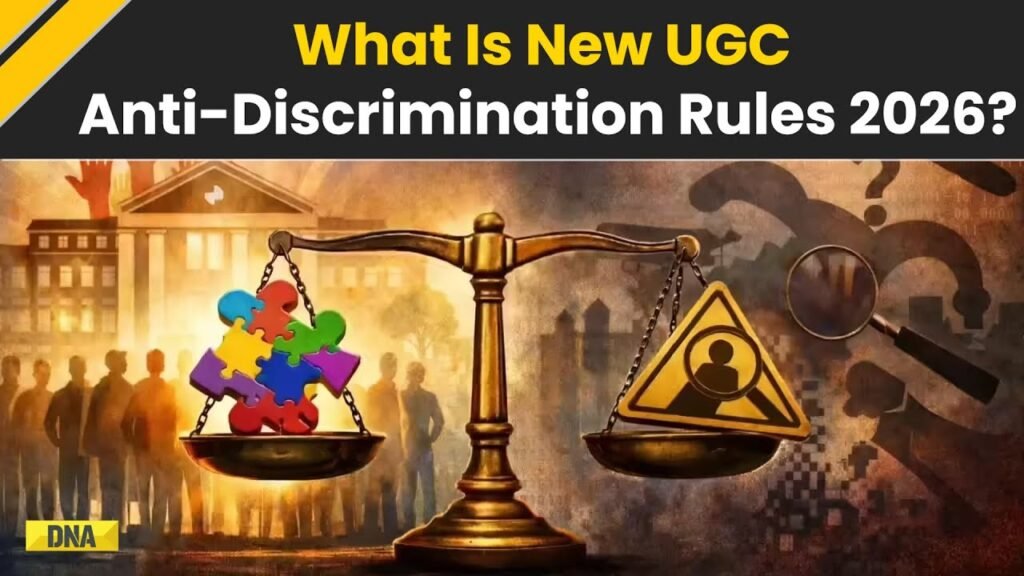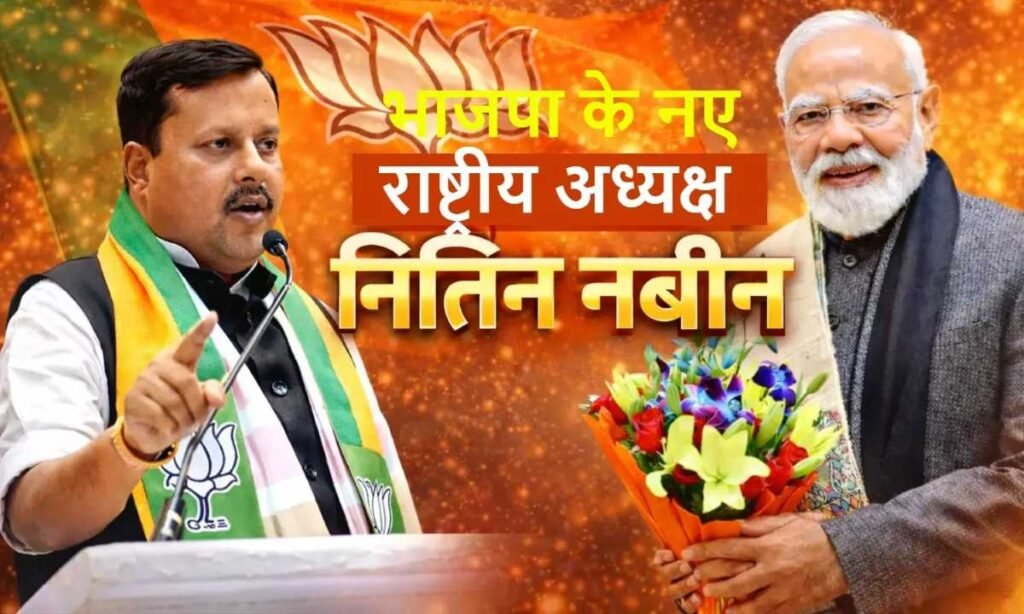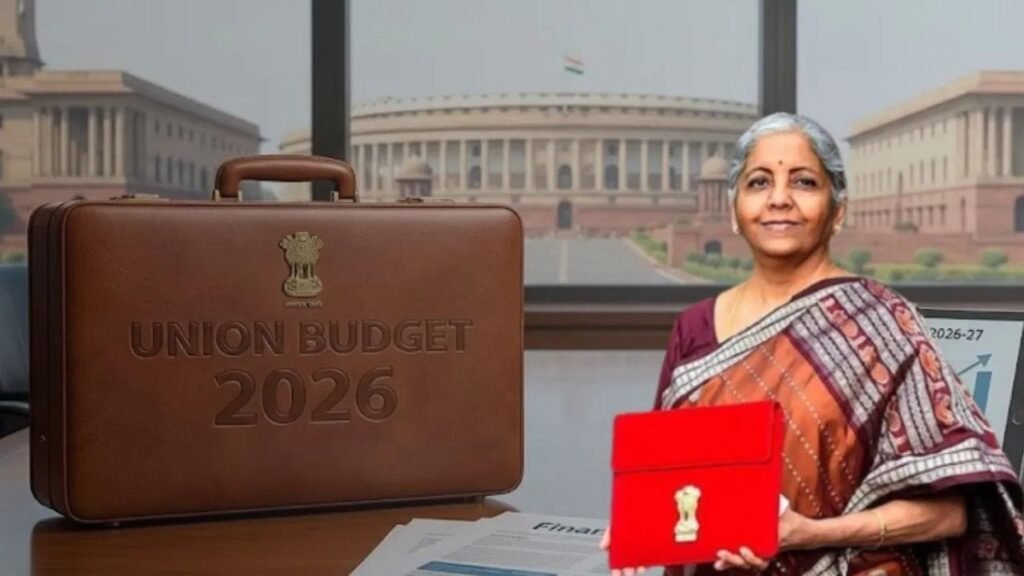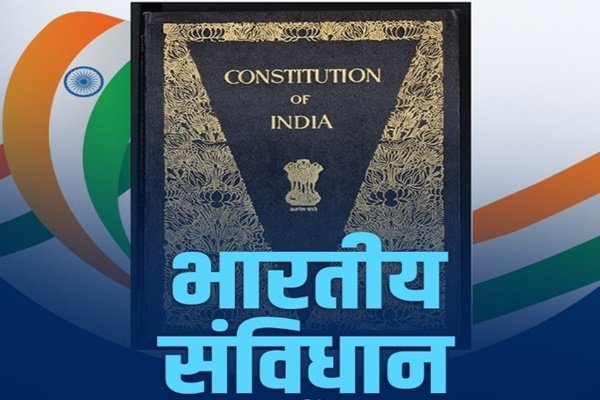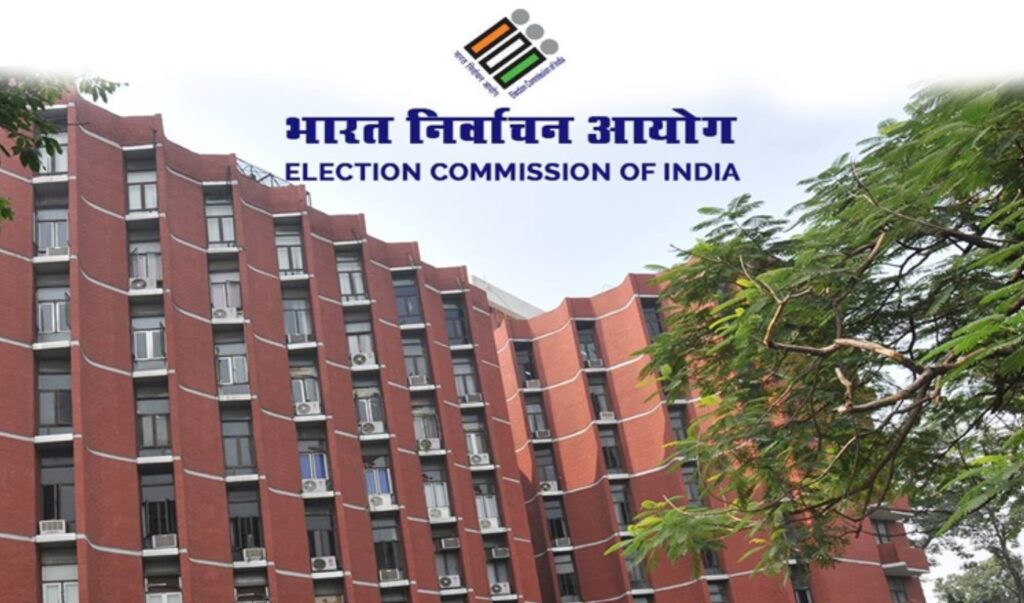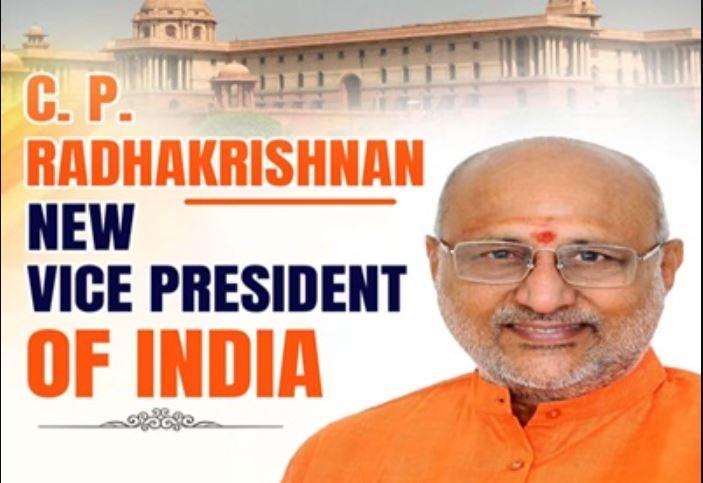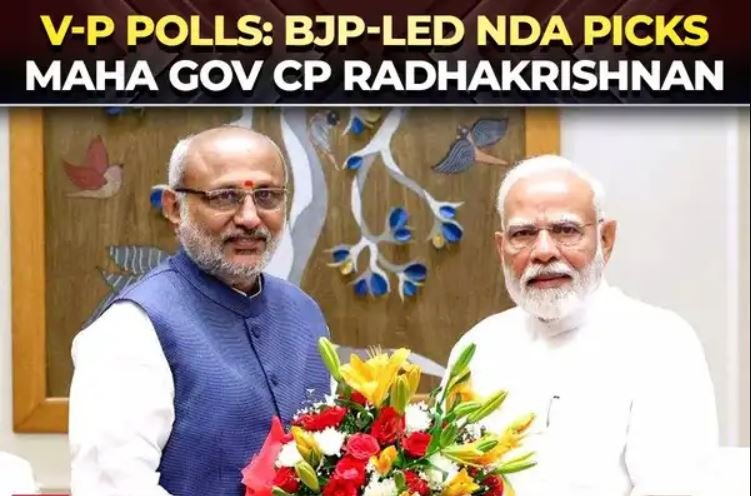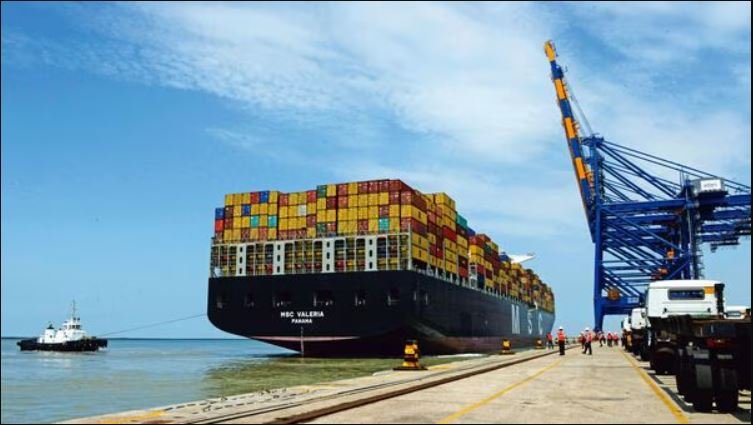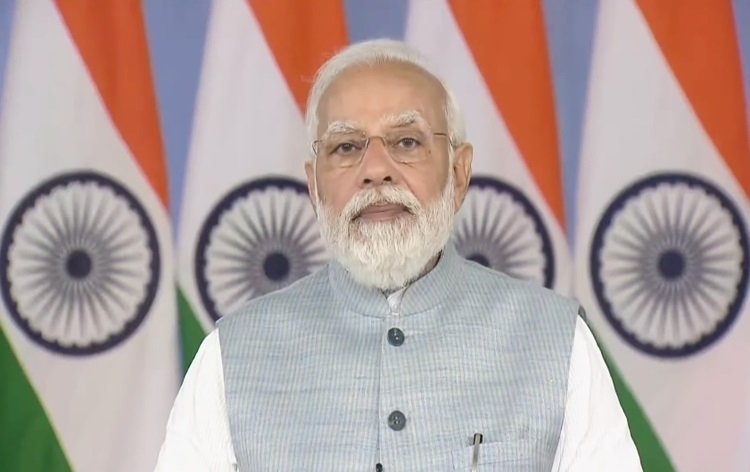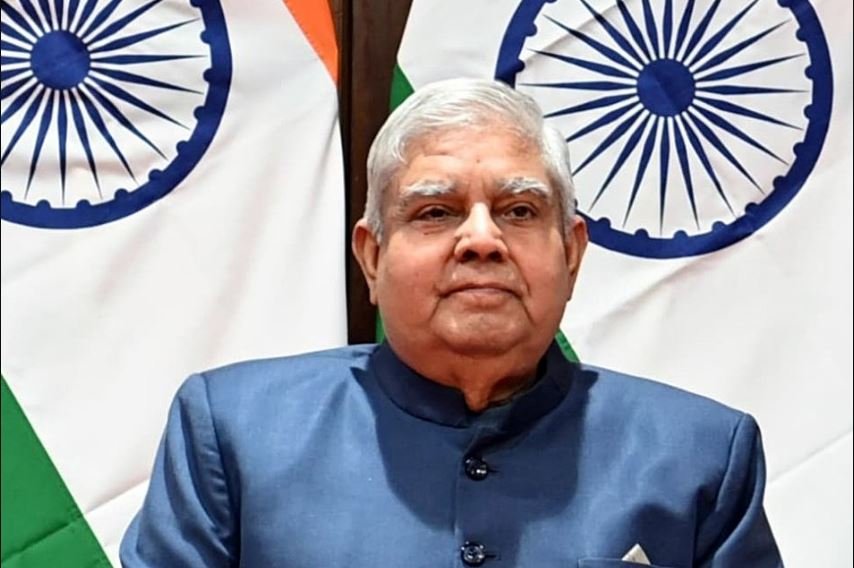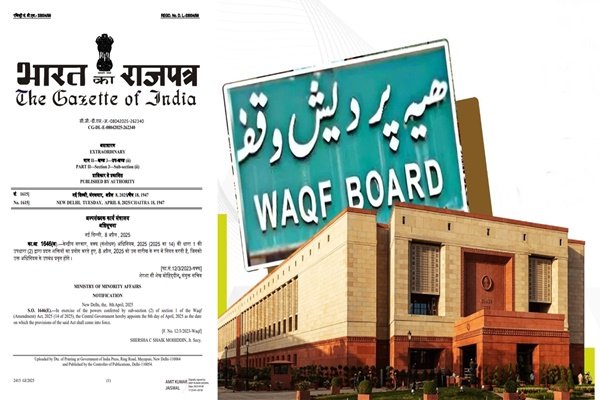President’s Rule Revoked in Manipur; Yumnam Khemchand Singh Sworn in as Chief Minister
President’s Rule in Manipur was revoked on 4 February 2026, and BJP MLA Yumnam Khemchand Singh was sworn in as the new Chief Minister of Manipur. The Ministry of Home Affairs issued a notification revoking President’s Rule with immediate effect. President’s Rule had been imposed on 13 February 2025 following the resignation of former Chief Minister N. Biren Singh, placing the Legislative Assembly under suspended animation despite its tenure lasting until March 2027.
The swearing-in ceremony was held at Lok Bhavan, Imphal, where Governor Ajay Kumar Bhalla administered the oath. Nemcha Kipgen (BJP) and Losii Dikho (NPF) were sworn in as Deputy Chief Ministers, while Govindas Konthoujam (BJP) and Khuraijam Loken (NPP) took oath as ministers. Nemcha Kipgen joined the ceremony via video conference from Manipur Bhavan, New Delhi.
Yumnam Khemchand Singh, a BJP leader from Singjamei Assembly Constituency, previously served as Speaker and minister in the N. Biren Singh government. After meeting the Governor, he claimed formation of a BJP-led NDA government.
